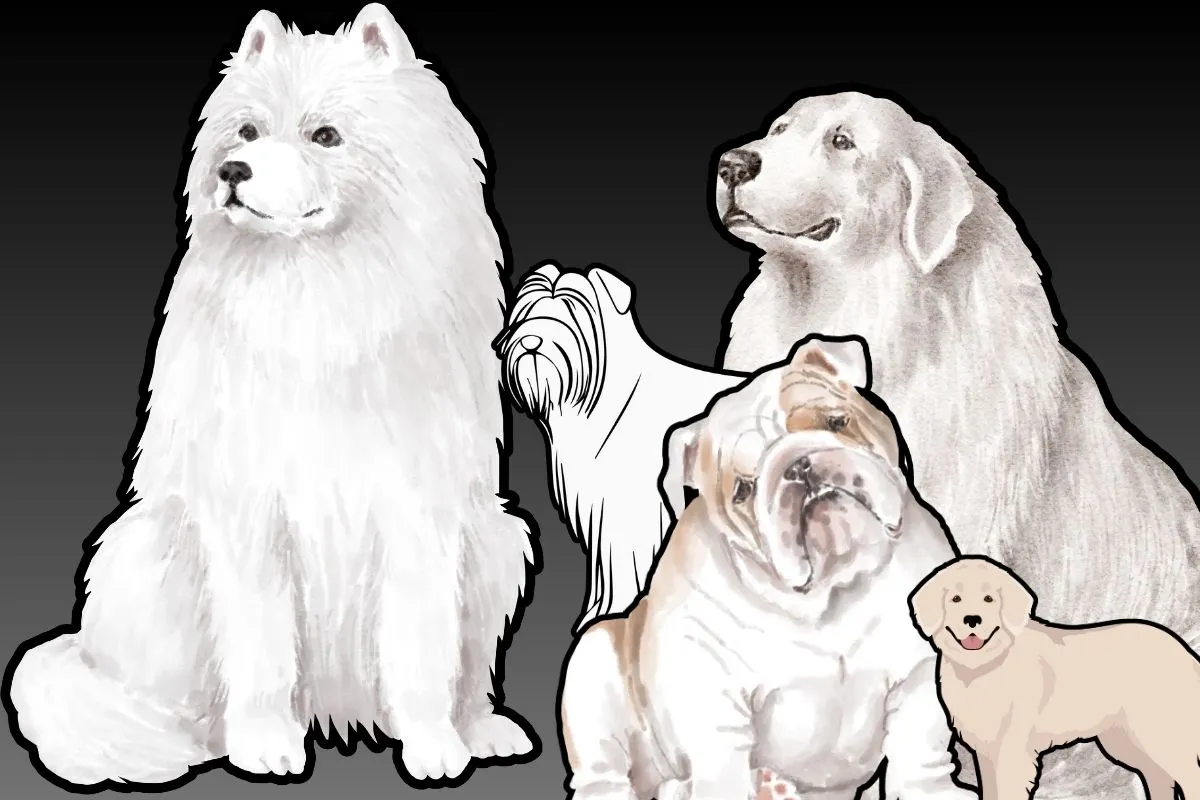
Menu
Understanding our canine companions involves more than just meeting their physical needs. As pet owners, recognizing and responding to their mental health issues is equally vital. Recently, questions regarding Autism in dogs have emerged among pet owners and veterinary professionals. Here’s an insightful exploration of what every dog owner should know:
Autism, primarily identified in humans, is a developmental disorder characterized by challenges in communication, social interactions and often accompanied by repetitive behaviors. When it comes to dogs, the concept of Autism is still under exploration, but certain behaviors suggest similarities.
Veterinary science has yet to definitively confirm Autism in dogs in the same terms as in humans. However, behaviors that resemble autistic traits in people have been observed in dogs. Some studies and anecdotal evidence suggest that certain dogs exhibit behaviors that might be clinically related to an Autism-like condition.
Dogs potentially exhibiting autistic traits may show signs such as repetitive movements (e.g., spinning or tail-chasing), difficulties in social interaction with other dogs or people, and unusual patterns of vocalization or silence.
Diagnosing Autism in dogs presents challenges due to the complexity of the disorder and its similarity to other canine behavioral issues. Veterinarians typically observe the dog’s behavior and rule out other conditions before considering an Autism-like diagnosis.
Research on Autism-like conditions in dogs is sparse but growing. Innovations in veterinary neuroscience and behavioral psychology offer new insights into how and why some dogs might display these unique behavioral patterns.
Behaviorists and veterinarians often use detailed observations and behavioral assessments to understand and categorize unusual behaviors in dogs that might be linked to an Autism-like condition.
Managing a dog with Autism-like symptoms involves adapting the living environment to reduce stress triggers and incorporating consistent routines that help the dog cope with daily life.
Training a dog with Autism-like symptoms requires patience, consistency, and techniques adapted to their specific needs. Positive reinforcement and gradual exposure to new experiences can also be beneficial.
Veterinarians can provide guidance and support, including referrals to specialists like animal behaviorists, to help manage a dog’s condition effectively.
Having a dog with Autism-like features can impact family dynamics, requiring adjustments in the family’s routines and interactions to accommodate the dog’s needs.
It’s important to separate fact from fiction. For instance, the idea that vaccines cause Autism-like conditions in dogs has no scientific backing and detracts from genuinely understanding the animal’s health.
Numerous online forums, communities, and resources are available where pet owners can share experiences and advice on handling dogs with special behavioral needs.
Future research may provide deeper insights into the biological and environmental factors contributing to Autism-like behaviors in dogs, potentially leading to more targeted and effective interventions.
While the concept of Autism in dogs remains scientifically unconfirmed, recognizing and accommodating behavioral needs in dogs is crucial for their wellbeing. As research advances, better understanding and support might be on the horizon for these unique canines.
Thank you for being a part of our community and for reading our blog. If you’re interested in any of the products in my store, feel free to browse our latest offerings. Your support means a lot to us and helps us continue providing valuable content and products for pet lovers like you. Happy caring for your furry friend!
External Resources:

Welcome to YappyPet.com, your ultimate destination for all things pet-related! Founded by a passionate 27-year-old pet enthusiast, our website is dedicated to providing a haven for fellow animal lovers.
Join us on this exciting journey as we celebrate the unconditional love and joy that our furry friends bring into our lives.



All rights reserved. YappyPet